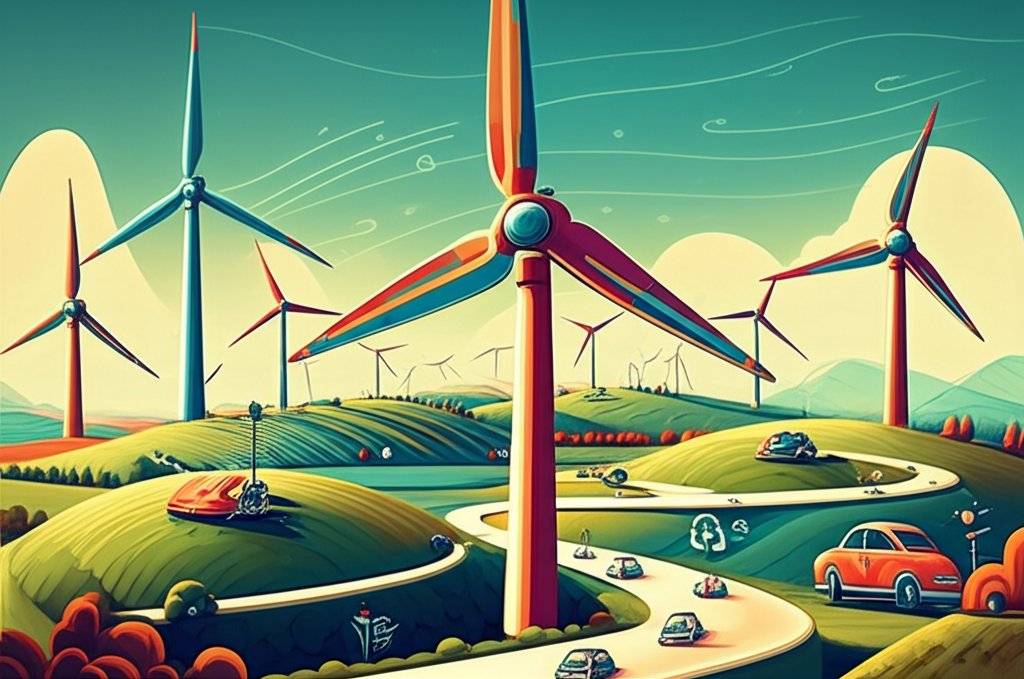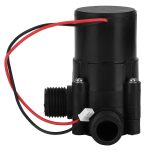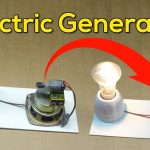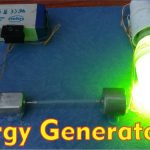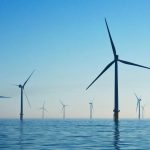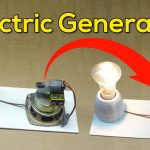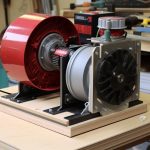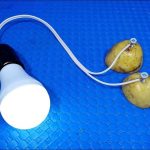The rising demand for wind energy is creating a surge in wind turbine vacancies, offering lucrative opportunities for skilled professionals. If you’re looking for a career that combines technical expertise with environmental impact, the wind energy sector deserves a serious look.
At a glance:
- Discover the types of wind turbine vacancies currently in high demand.
- Understand the salary expectations and career progression paths within the industry.
- Identify the required skills and certifications for landing your dream job in wind energy.
- Learn where to find the best wind turbine job boards and networking opportunities.
- Debunk common misconceptions about working in the wind turbine industry.
Why Wind Turbine Jobs Are Booming
The increasing focus on renewable energy sources has led to a massive expansion of wind farms globally. Meeting these demands requires a skilled workforce to install, maintain, and repair wind turbines. As the cost factors explained here wind energy becomes more competitive and cost-effective, with utility-scale wind turbine costs ranging from $1.3 million to $2.2 million per megawatt in upfront equipment capital and manufacturing expenses, the industry is poised for even more significant growth. This means more jobs and career prospects for individuals with the right qualifications.
In-Demand Wind Turbine Roles: Which Fits You?
The wind energy sector offers a wide variety of roles, each with specific responsibilities and skill requirements. Here are some of the most sought-after wind turbine vacancies:
- Wind Turbine Technician: Inspecting, maintaining, and repairing wind turbine components (blades, gearboxes, generators). This is often an entry-level role that can lead to future specialization.
- Wind Turbine Blade Technician: Specializing in the inspection, repair, and maintenance of wind turbine blades. As blades are a critical component and prone to damage, these technicians are in high demand.
- Wind Turbine Electrical Engineer: Designing, installing, and maintaining the electrical systems within wind turbines and wind farms.
- Wind Turbine Mechanical Engineer: Focusing on the mechanical design, operation, and maintenance of wind turbine components.
- Wind Turbine Site Manager: Overseeing the construction, operation, and maintenance of wind farms.
- Wind Turbine Project Manager: Managing the planning, execution, and completion of wind energy projects.
Example: Imagine a wind farm experiencing frequent downtime due to gearbox failures. A skilled Wind Turbine Technician would be dispatched to diagnose the problem, replace or repair the gearbox, and ensure the turbine is back online quickly, minimizing lost energy production.
Salary Expectations and Career Growth
Salary expectations in the wind turbine industry vary depending on the role, experience level, location, and employer. However, the general trend is positive, with competitive salaries and opportunities for advancement.
- Entry-Level Wind Turbine Technician: $40,000 – $60,000 per year.
- Experienced Wind Turbine Technician: $60,000 – $80,000+ per year.
- Wind Turbine Engineer: $75,000 – $120,000+ per year.
- Wind Turbine Project Manager: $90,000 – $150,000+ per year.
Career Progression: A wind turbine technician can advance to become a lead technician, supervisor, or even a site manager with experience and certifications. Engineers can progress into project management roles or specialize in a specific area of wind turbine technology.
Skills and Certifications: Getting Qualified
To land a job in the wind turbine industry, it’s essential to acquire the necessary skills and certifications.
- Technical Skills: Strong mechanical and electrical aptitude, troubleshooting skills, knowledge of hydraulic and pneumatic systems, and the ability to read technical drawings.
- Safety Training: OSHA 10 or 30-hour certifications, CPR/First Aid certifications, and specific wind turbine safety training (e.g., GWO Basic Safety Training).
- Certifications:
- NABCEP (North American Board of Certified Energy Practitioners): Offers certifications for entry-level and experienced wind turbine installers.
- GWO (Global Wind Organisation): Provides standardized safety training for the wind industry, recognized globally.
Practical Tip: Many community colleges and technical schools offer wind turbine technology programs that provide a comprehensive education and hands-on training.
Finding the Right Wind Turbine Vacancies
Several online job boards and networking platforms specialize in wind energy opportunities:
- Renewable Energy Jobs: A dedicated job board for renewable energy positions, including wind turbine vacancies.
- LinkedIn: A professional networking platform where companies often post job openings and recruit candidates.
- Indeed: A general job board that also lists wind turbine jobs.
- Industry Associations: Organizations like the American Clean Power Association (ACP) often have career resources and job listings.
Networking is Key: Attend industry conferences and seminars to connect with potential employers and learn about upcoming opportunities.
Overcoming Common Misconceptions
There are a few common misconceptions about working in the wind turbine industry that are worth addressing:
- “It’s a dangerous job.” While working at heights and with heavy equipment involves inherent risks, the industry has strict safety protocols and training programs to minimize accidents.
- “It’s only for engineers.” While engineering roles are crucial, there’s a diverse range of positions, including technicians, project managers, and administrative staff.
- “Jobs are only in remote locations.” While many wind farms are located in rural areas, there are also opportunities in urban centers for project management, engineering, and administrative roles.
Example: A common misconception is that all wind turbine technicians are constantly climbing towers in dangerous conditions. While climbing is part of the job, technicians also perform maintenance and repairs at ground level, and safety is always the top priority.
A Practical Playbook for Your Wind Turbine Career
Ready to pursue a career in the wind turbine industry? Here’s a quick-start guide:
- Assess Your Skills: Identify your existing skills and interests. Are you mechanically inclined? Do you enjoy problem-solving?
- Gain Relevant Training: Enroll in a wind turbine technology program or pursue relevant certifications.
- Build Your Network: Attend industry events, connect with professionals on LinkedIn, and join relevant associations.
- Tailor Your Resume: Highlight your skills and experience that are relevant to the specific job you’re applying for.
- Prepare for the Interview: Research the company, understand the role requirements, and practice answering common interview questions.
Quick Answers: Addressing Common Questions
Q: What type of education is needed to become a wind turbine technician?
A: An associate’s degree in wind turbine technology or a related field is often preferred, but a high school diploma with relevant experience and certifications may also be sufficient.
Q: What are the physical requirements for working as a wind turbine technician?
A: Technicians need to be physically fit, able to climb towers, and work in varying weather conditions.
Q: Are there opportunities for women in the wind turbine industry?
A: Absolutely! The wind energy sector is actively working to increase diversity and inclusion, and there are numerous opportunities for women in all roles.
Q: What is the job outlook for wind turbine technicians?
A: The Bureau of Labor Statistics projects a strong job outlook for wind turbine technicians, with employment expected to grow significantly in the coming years.
Your Next Steps in Clean Energy
Wind turbine vacancies represent a significant opportunity for individuals seeking a rewarding and impactful career. By acquiring the necessary skills, certifications, and networking connections, you can position yourself for success in this rapidly growing industry. Don’t let misconceptions hold you back – embrace the challenge and contribute to a cleaner, more sustainable future.
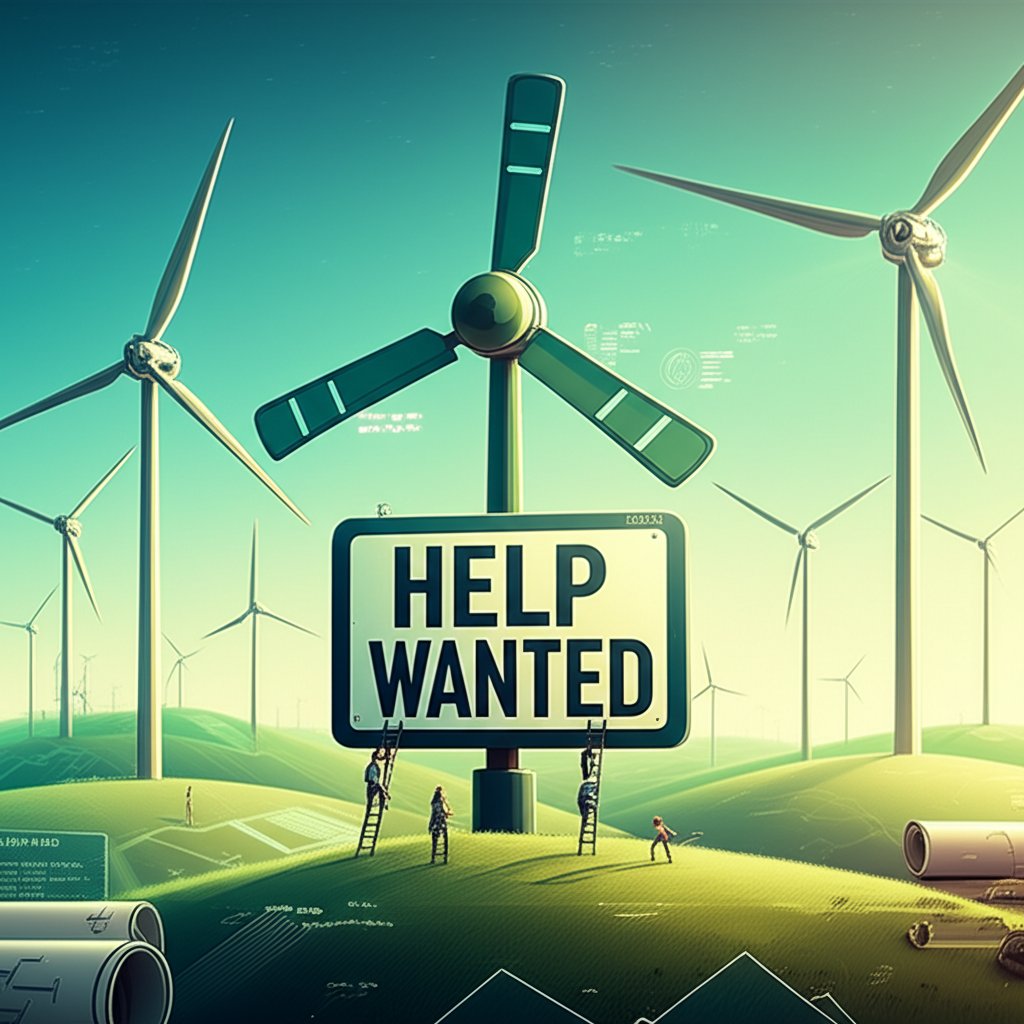
- Portable Hydroelectric Generators Harness Nature for Off-Grid Power - February 21, 2026
- Generate Free Electricity for Home From Renewable Sources - February 18, 2026
- Micro-Hydro Offers Cheapest Home Electricity if You Have a Stream - February 17, 2026
